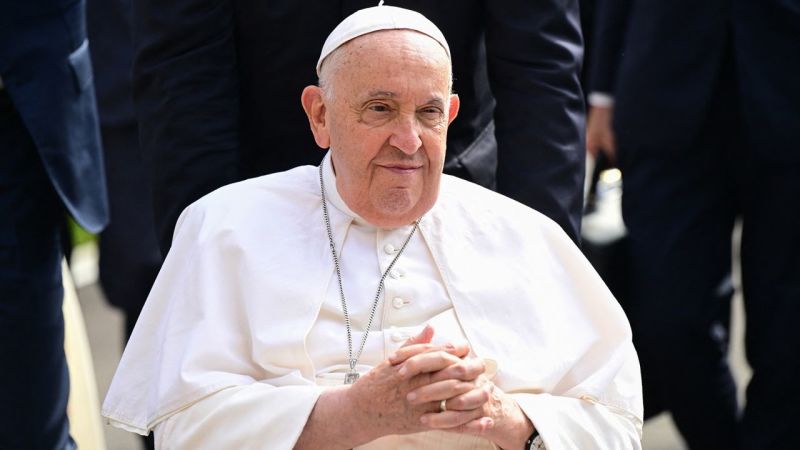
After Pope Francis: Simplicity, Speed, and a New Resting Place
So, this week the world received news that shook millions of Catholics and followers of Pope Francis — he has passed away at the age of 88. And while the death of any pope is always significant, what’s truly remarkable this time around is how things are unfolding afterward. We’re seeing three key changes that are rewriting long-held traditions: a simpler funeral, an unexpected burial location, and a faster conclave.
Let’s start with the funeral. Unlike his predecessors, Francis made it very clear during his lifetime that he wanted his send-off to reflect humility and simplicity. He wasn’t a fan of elaborate rituals or the grandeur often associated with papal funerals. In fact, he had already set changes in motion as early as 2024, modifying the Vatican’s funeral protocol. There will be no excessive pomp, no layers of caskets, and no ceremonial displays of power. Just a wooden coffin, exposed for public viewing at the Basilica for three days, followed by a modest ceremony. As he put it himself, he wanted to be buried "like any son of the Church" — with dignity, but without ostentation.
Also Read:- Wests Tigers vs Eels Delivers Fireworks, But Eels Have the Last Laugh
- CNN's Kaitlan Collins Caught in Giggle Fit While Reporting Pentagon Shake-Up
What’s even more surprising is the location of his burial. Francis has chosen not to be interred in the Vatican like most popes. Instead, he will rest in the Basilica of Santa Maria Maggiore in Rome, a place deeply personal to him. It’s where he often went to pray before and after his papal journeys, and it houses the revered icon of the Virgin Salus Populi Romani. This choice breaks with centuries of tradition and speaks volumes about his connection to the people and his devotion to the humble roots of faith.
Then there’s the conclave — the gathering of cardinals to elect a new pope. Traditionally, there’s a 15-day wait after the pope’s death to allow cardinals to travel to Rome. But this time, a little-known provision introduced by Benedict XVI in 2013 allows the process to start as soon as all the cardinals are present. And that seems to be happening much quicker than expected. With 136 voting cardinals from all over the world, it will be the most international conclave ever. Europe still leads in numbers, but we’re seeing an unprecedented global mix, reflecting the truly universal nature of today’s Church.
All of this signals a shift. Pope Francis, even in death, continues to reform the Church — not through grand gestures, but through small, profound changes that echo his entire papacy: simplicity, accessibility, and humility. It’s a farewell that’s more personal than political, more spiritual than ceremonial. And as the world waits for the white smoke to rise again, it does so knowing that Francis has already changed the way the Church says goodbye.
Read More:

0 Comments